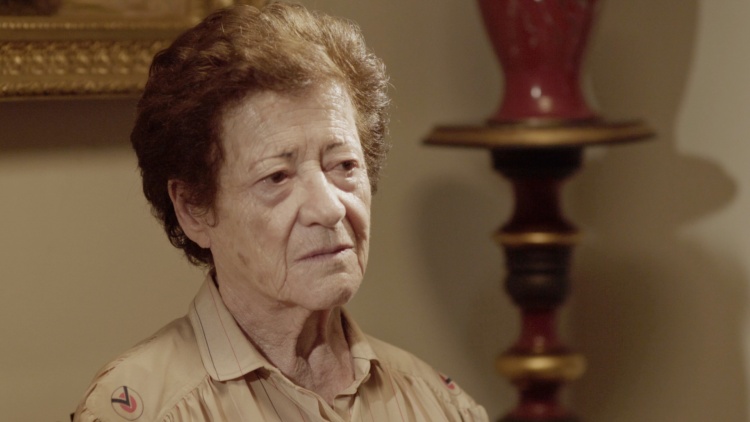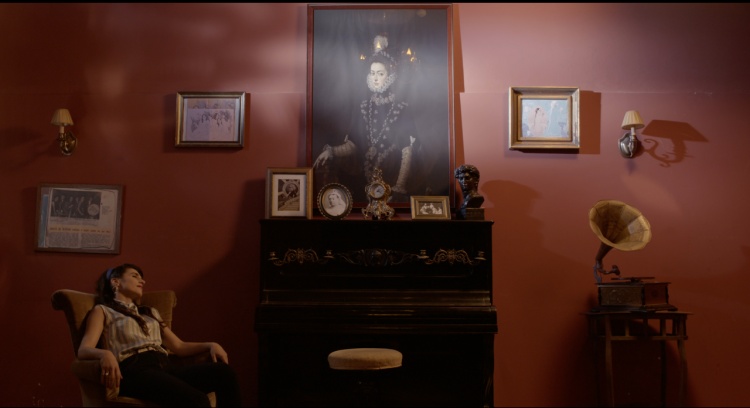Is it fair to continue perpetuating the invisibility of women in the artistic world?
SYNOPSIS
Would it be fair to erase from the musical history of our country the name of the only Portuguese woman who, in 1960, during the dictatorship, released an EP of original songs, including a rock song, on one of the largest record labels of the time? Daniel Bacelar and The Conchas recorded a rock song in Portuguese that same year, but it was part of a competition. Why do we remember them and not her?
This film celebrates the life and career of actress, playwright, poet, musician, performer, and composer Zurita de Oliveira, a woman who, for many, was the pioneer of rock music in Portugal, and for some, was known for her work in fado and theater, as well as radio and television.
Who's Afraid of Zurita de Oliveira? is a portrait drawn between songs and the voices of people who share, between fiction and reality, the story and memories of a revolutionary woman who cannot be forgotten.

CAMPAIGN
Director Francisca Marvão discovered Zurita de Oliveira during the filming of her movie about women and rock music in Portugal, Ela é uma Música"(She's a Song). Luís Futre and Ondina Pires refer to Zurita as the mother of rock, as she was the first woman in Portugal to record a song in this genre in 1960 with the major record label Alvorada, and to perform for a large audience.
Through the story and music of this Portuguese artist, we travel through Portugal from the time of the Salazar dictatorship to the present day. Who's Afraid of Zurita de Oliveira? is a portrait created between songs and the voices of people who share, between fiction and reality, the story and memories of an indomitable and revolutionary woman who cannot be forgotten. It is also a portrait of an existence that wishes to be seen and heard, occupying its rightful place, allied with a multitude of women, identities, ethnicities, and artistic creations, ranging from drawing, performance, and music.
With a careful selection of Portuguese or Portugal-based artists and bands from various generations and musical genres, we can have a collective perspective on music made by women with their own individual perspectives, based on previously unpublished lyrics by Zurita de Oliveira.
Through this tribute, we are confronted with several inseparable factors, such as the need for affirmation of the right to life, housing, freedom, political and social activism, and constant adaptation within the society in which we live.
Zurita de Oliveira, born in Alcanena on January 19, 1931, was an actress, playwright, poet, musician, performer, and composer. She built her career in fado, rock, folklore, theater, radio, and television. She passed away in Moscavide on June 25, 2015.


